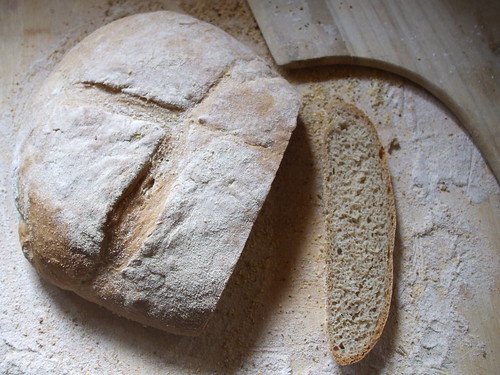“We devote our daily life to God, and to
serving our neighbors as images of God”
 |
| ("Agnus Dei" by Trish Steel, CC) |
1. I will daily offer my life to God with reverence and a living faith; I will daily pray to be used as a servant by God for the good of my neighbors near and far.
Making—and keeping—a discipleship covenant is no easy thing, especially one with twenty different vows! But this Covenant of Christian Nonviolence is not mostly about individual moral heroics and rigid perfectionism. We will follow it incompletely (the Covenant itself is incomplete), we will miss the mark. Yet the main focus is not simply on our getting it exactly right, but in serving God and neighbor with as much of our being as possible. Love of God and neighbor is at the true center of our peacemaking, not some outside ethical principle of pacifism. Dietrich Bonhoeffer says much the same in the following paragraph from The Cost of Discipleship:



